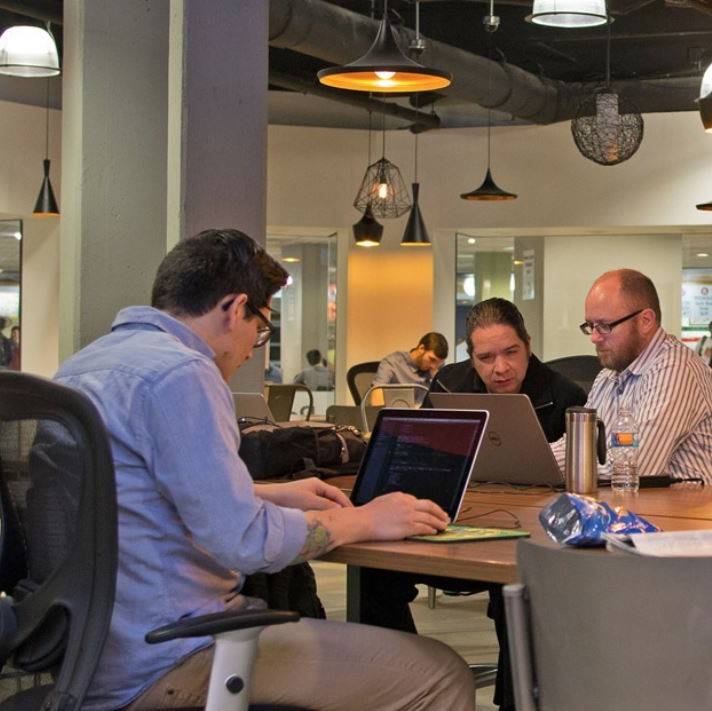To provide the best experiences, we use technologies like cookies to store and/or access device information. Consenting to these technologies will allow us to process data such as browsing behaviour or unique IDs on this site. Not consenting or withdrawing consent, may adversely affect certain features and functions.
The technical storage or access is strictly necessary for the legitimate purpose of enabling the use of a specific service explicitly requested by the subscriber or user, or for the sole purpose of carrying out the transmission of a communication over an electronic communications network.
The technical storage or access is necessary for the legitimate purpose of storing preferences that are not requested by the subscriber or user.
The technical storage or access that is used exclusively for statistical purposes.
The technical storage or access that is used exclusively for anonymous statistical purposes. Without a subpoena, voluntary compliance on the part of your Internet Service Provider, or additional records from a third party, information stored or retrieved for this purpose alone cannot usually be used to identify you.
The technical storage or access is required to create user profiles to send advertising, or to track the user on a website or across several websites for similar marketing purposes.
 More than half of UK employees did not believe they would return to office based work full time in 2022, according to a survey by GlobalData. The poll from the analytics company which focuses its research on the insurance sector suggests that increasing consumer demand for flexible working models presents both challenges and opportunities. GlobalData’s survey, conducted as part of research for its Insurance Intelligence Center, indicates that only 40 percent of those surveyed anticipated a return to the office in 2022. (more…)
More than half of UK employees did not believe they would return to office based work full time in 2022, according to a survey by GlobalData. The poll from the analytics company which focuses its research on the insurance sector suggests that increasing consumer demand for flexible working models presents both challenges and opportunities. GlobalData’s survey, conducted as part of research for its Insurance Intelligence Center, indicates that only 40 percent of those surveyed anticipated a return to the office in 2022. (more…)































January 4, 2023
What IS hybrid working?
by Neil Usher • Comment, Flexible working